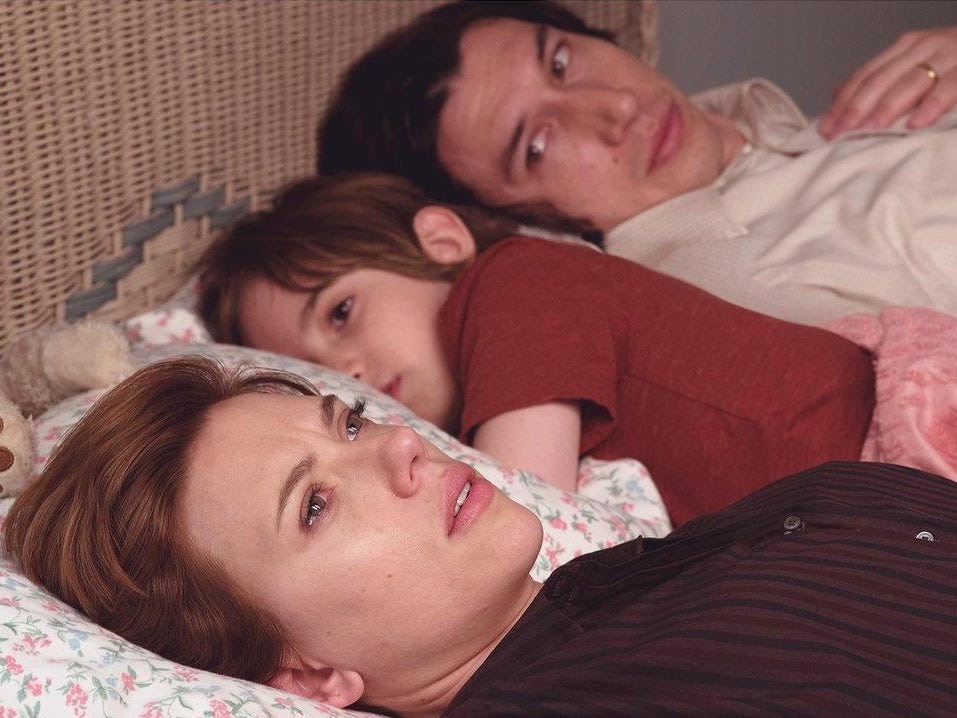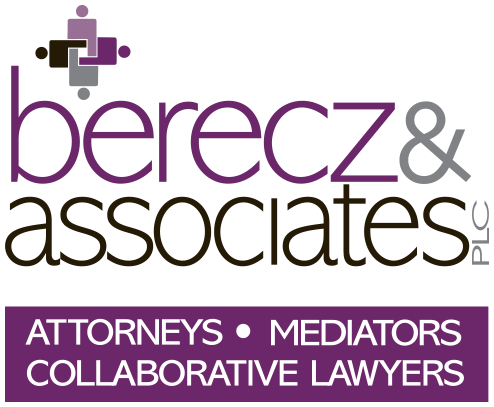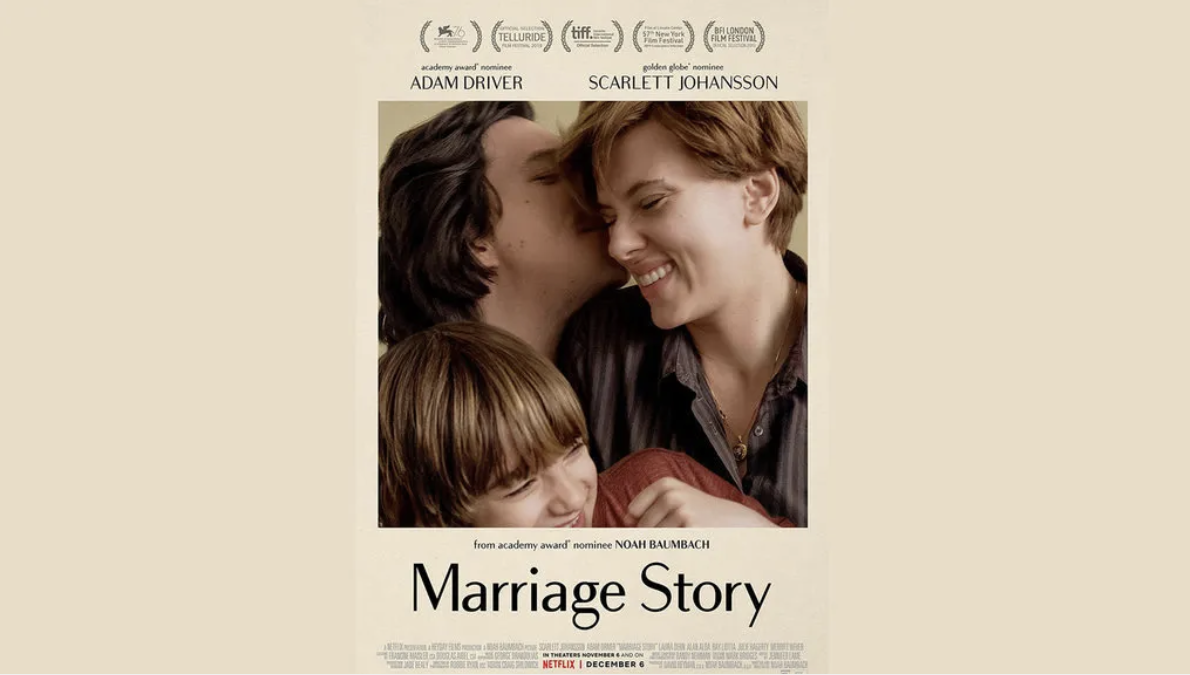
First 5s—Tips to Immunize your Marriage Against Coronavirus
March 31, 2020
THE GIFT TUCKED INSIDE THE CONFLICT
May 31, 2020Marriage Story was nominated for Best Picture at the Oscars this year. https://www.youtube.com/watch?v=BHi-a1n8t7M. If you are considering a divorce, it should be required watching. The depiction of the runaway train that is the divorce industry has never been so clearly and accurately depicted. What lessons does it offer if you are considering a divorce?
Our adversarial system sets the tone–if you let it
Nicole and Charlie want to keep their divorce civil, do it without lawyers, figure it out themselves … but then fear sets in. They meet with lawyers who empathize at first, but then quickly demonize the other spouse, failing to remember that there’s a little boy involved who doesn’t actually have a demon for a mom or a dad. The fears become magnified as the attorneys trot out the list of possible awful outcomes, ending with the message, “But I’ll protect you!” So the adversarial train leaves the station. Nicole and Charlie find themselves feeling threatened, lashing out at each other and at war. They never wanted to go there.
There are options other than the adversarial system
Throughout the entire movie, I kept wondering how Nicole and Charlie’s marriage story would have played if they had stayed with mediation. The principle they seemed to lose? Your spouse isn’t all bad[1]. And when you have kids, s/he is a permanent member of your family. Figuring out how to “live” with each other after the divorce is worth some time and effort.
Friends and family often become instant divorce experts
Because they care, they are frequently eager to dispense advice. While it’s worth listening, please don’t take legal advice from someone who’s never gone to law school. It’s usually well-intended, but it’s based on that person’s prior experience which may have exactly zero bearing on yours. Even if it’s close, it’s never identical and they don’t know the judge that will hear your case if you have to go to court. So listen, accept the care it represents, but get advice based on your unique circumstances from someone who has studied the law and knows the local court system.
Kids are smart
I’m always surprised when parents are surprised by conflicting reports from th eir kids. Assuming there’s basically a loving relationship, kids sense what the parent they are talking to wants to hear. It’s no wonder then that mom hears something different than dad hears. Don’t read too much into such statements from your child–and please don’t seek it out. Your child has enough to deal with in contemplating the divorce reality and doesn’t need the added pressure of such questions. There are better ways to drill down on what a child really needs.
eir kids. Assuming there’s basically a loving relationship, kids sense what the parent they are talking to wants to hear. It’s no wonder then that mom hears something different than dad hears. Don’t read too much into such statements from your child–and please don’t seek it out. Your child has enough to deal with in contemplating the divorce reality and doesn’t need the added pressure of such questions. There are better ways to drill down on what a child really needs.
Commit to negotiating
What if Charlie and Nicole had hired lawyers who looked first for that reasonable settlement before preparing for a court fight? What if both lawyers remembered that Henry needs both his mom and dad and got creative with rational, reasonable proposals? That describes a collaborative lawyer’s approach. Maybe the outcome would have been close to what Charlie and Nicole ultimately ended up with. But the emotional and financial cost of starting with “crazy to get at reasonable” (Charlie’s lawyer’s words) is too high a price to pay.
But Charlie and Nicole didn’t do it “a different way.” At one point, Charlie states, “Henry needs to know I fought for him.” What if, instead, you fight together for your child’s best future?
Think about how you want to engage lawyers
I’ve consulted with clients who were just seeking information but waited years before divorcing. I’ve also met with people who had a Judgment of Divorce already signed by a judge but they wanted a different outcome. And I’ve met with people in every scenario between those two timelines.
In Marriage Story, it’s intimated that Nicole intentionally met with a number of lawyers for an initial consultation with the goal of making it more difficult for Charlie to obtain counsel since those lawyers would be “conflicted out.” You might not want your spouse to engage a highly adversarial lawyer. One way to prevent that is to not hire one yourself so that your spouse feels pressed to hire his/her “own asshole” as Charlie puts it. Ideally, you will both look for highly experienced, pragmatic, solution-focused lawyers.
One of the most gratifying cases I’ve handled started when both parents came in for an initial consultation. And then both parents met with a second lawyer. And from there, they decided who would work with which collaborative lawyer. They were the parents of four little girls. The result: a process wherein both parents felt their needs were heard and factored into their agreement. You can read about Cary and Eden here. Post-script: I recently read that their oldest daughter was named “Miss [her town]” Apparently their kids are thriving and I believe it is because the parents were intentional about how they engaged counsel and probably with how they made most other choices impacting their children as well.
Don’t Have An Affair
It happens frequently. It’s hard to acknowledge and deal with problems in a marriage, so one spouse “happens” to find “the perfect person for me” just as a marriage is struggling. But an affair complicates your divorce, adding another layer to an already painful, emotionally-charged process. Don’t miss the scene at Charlie’s apartment when Nicole confronts him about an affair. Watch it at https://www.youtube.com/watch?v=FDFdroN7d0w. The pain for both is raw and real and honestly one of most powerful scenes in the movie. Divorce is hard enough. An affair or even dating before the divorce is final is hardly the best beginning for a new relationship anyway.
Divorce hurts so badly–often because you still care
There is a poignant scene in the movie where Charlie responds to Nicole’s call for help to fix the gate to her home. Nicole ends up cutting Charlie’s hair, as she had always done during the marriage. They spend time with Henry who falls asleep. Nicole tenderly transfers him to Charlie’s arms and Charlie leaves. The gate works. It’s sad because although the marriage is over, the caring for each other obviously isn’t. I ached for them both. Collaborative approaches to divorce can provide an opportunity to reach agreements which work for both partners and honors the truth that you once meant the world to each other, had some good years together, and perhaps created remarkable children.
The system too often rewards bad behavior
And then…the very next scene is at the courthouse and Charlie strides down the hall with his lawyers who wheel in rolling briefcases filled no doubt with damning evidence. (No room for any caring now.) When Nicole’s lawyer sees her “adversaries” she tells Nicole, “This is a street fight now and I’m going to have to ask for things I normally wouldn’t ask for.” And it goes south from there. Every misstep each made as a human being during the marriage becomes something far more sinister. Nicole’s slip on stairs after a glass of wine morphs into a drinking problem. Charlie relying on the car rental company to install Henry’s car booster seat is transformed into his complete disregard for Henry’s safety. The attorneys’ answer? A custody evaluator.
Talk–but only as long as it’s productive and respectful
Nicole and Charlie sit down and talk about a custody evaluator coming into their homes to observe their parenting styles, and putting Henry in the middle of it all with an interview. Nicole, in a moment of vulnerability says, “I feel like maybe things have gone too far. We need to protect Henry. I feel like if anybody observed me on any given day as a mom, I’d never get custody.” Charlie responds, “I know. I feel the same way.” And then they agree to try to work it out themselves. But they don’t. It quickly devolves into a recitation of all the past wrongs.
Instead of taking a break and agreeing to return to mediation, they kept arguing, beyond the point of productivity. Each was stunned and angered by what the other’s lawyer had said in court. Nicole responds, “Let’s just both agree both of our lawyers said shitty stuff about both of us.” And they continue talking, crying tears of anger, and then yelling. Nicole says that sleeping with Charlie made her skin crawl. Charlie punches a wall and declares that he wishes Nicole would get killed in an accident. They stop. They are both horrified by what each has said.
They desperately needed a mediator or a divorce coach. They were initially exchanging good information and being real and vulnerable. But that stuff is hard and they needed help to keep on track, focus on the problem and not allow their fears to take over. Who wouldn’t in their circumstances? Sometimes it’s best to just stop talking and get the help you need to talk more. Charlie realizing the impact of what he’s just said, collapses into the awfulness of it all and sobs. So does Nicole. They weep in each other’s arms because they each see the other’s pain and humanity. A coach or mediator would have taken a break, identified that emotions were now driving the conversation, and redirected back to problem-solving. All those horrible words, which can never be taken back, might never have been said.
How to avoid Charlie and Nicole’s experience
Both of these people had reasons to declare the other was so awful that they couldn’t have worked it out, couldn’t have mediated or used collaborative law. And yet, if the commitment to doing just that had been made early on, and they had put together the right team to support their goals, I’m fairly confident Charlie and Nicole could have spared themselves the nightmare that was their divorce. I’ve seen it with dozens and dozens of cases.
What Marriage Story so powerfully represents is how legitimate each person’s needs and pain and disappointments can be. And yet…what about Henry? Charlie and Nicole were in deep turmoil and stress and in those compromised states of functioning, they were the people parenting Henry. Henry who is living his one and only childhood through it all. Don’t let Charlie, Nicole and Henry’s Marriage Story be your divorce story. I’m happy to talk with you about how to do that.
Wishing you wisdom,
[1] This post may not be applicable to you if you are the victim of domestic violence. Sometimes, although not always, our traditional system is the best option in those situations.






